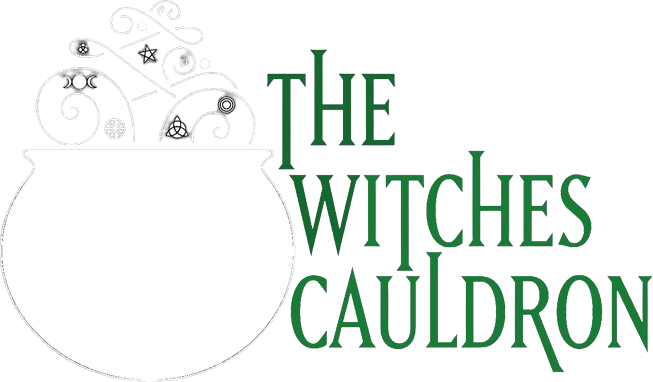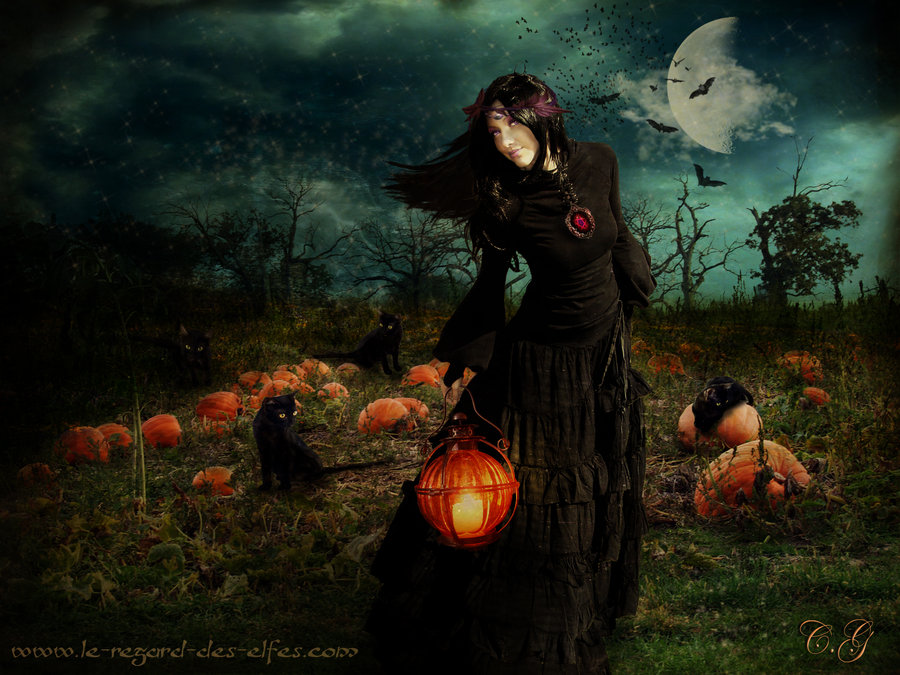In April 2012 it was announced that school children in Cornwall are to be taught about paganism as part of their religious education classes.
Children as young as five will begin learning the significance of sacred sites such as Stonehenge, and older children will learn about modern paganism from 11 years old.
As it is the first time anything like this has been done, a certain degree of controversy was only to be expected. The responses have been split between acceptance and complete horror – with one Telegraph writer claiming that uncontrolled liberalism will lead to loss of moral values. In fact, Cristina Odone goes so far as to infer that goodness itself is in jeopardy – as though the only system of right and wrong is the Christian one, and that sin is only kept in check by those teachings:
“Saying someone has sinned is “disrespecting” them … No one should dare proclaim that adultery is wrong; greed, bad; or self-sacrifice, good. In doing so, they’d be trampling the rights of those who don’t hold such values.”
(Cristina Odone, Teaching Druidry and paganism in schools is just another example of our liberal fear of religious values, The Telegraph, www.telegraph.co.uk, 16.04.12.)
The Official word is that Cornwall’s pagan heritage is to be “celebrated”, and “explored”, and not that paganism should be taught, which is rather disappointing in light of the heavy-handed Christian influence in this country’s schools. This reticent approach to paganism hardly deserves the uproar it has caused. Odone gets well and truly stuck in with the kind of ignorance that should scarcely be allowed in a country apparently gone wild with liberal thinking:
“How long before the end of term is marked by a Black Mass, with only Health and Safety preventing a human sacrifice?” (From article referenced above).
Still, it can’t fail to be a step in the right direction for paganism and pagan children, whom Sue Green, director of education at the Church of England’s Diocese of Truro, is keen should not “feel marginalised”. Guidelines suggest that pupils should ‘understand the basic beliefs’ of paganism, which, in itself, must be of benefit. The reaction to all this has shown that paganism is still not widely recognised as a serious faith, and Odone’s comments above show that paganism is considered to be downright dangerous by some.
I wonder, though, about the difficulties teachers will face when grappling with a set of beliefs as vast and varied as ours. How can they give full attention to witches and Wiccans, heathens, druids, Odinists, shamans, and the rest of the motley pagan crowd? In truth, they probably won’t. Taking into account the uproar caused by this minor change to the Cornish syllabus, I’d be surprised if RE teachers dared to dive wholeheartedly into the subject of paganism with their students.
In 2008, when I was at university, there was talk of Professor Ronald Hutton teaching an elective module on the History of Paganism, and he gave a taster lecture on the topic to get a feel for numbers. It was held in my usual lecture hall for English, usually half full at best. There were so many students and tutors in attendance that I sat on the floor throughout. Nothing further was done, however – apparently the course would have been under-subscribed.
Ultimately, I hope these changes are made across the whole of the UK, so that more young people will be able to access information on nature-based religions – a crucial step, as far as I can see, in preserving our planet. As more and more of us seek a fulfilling and celebratory way of life, and one which treads lightly on the earth, it’s gratifying to know that pagans are becoming ever more mainstream. Paganism may be presented by many as a path belonging solely to the past, but its teachings could very well become imperative to the spirituality of future generations.



